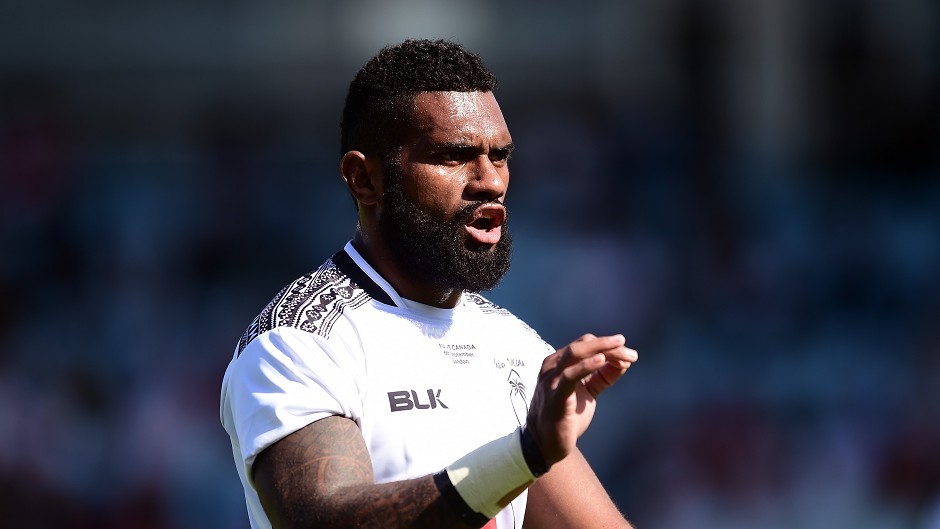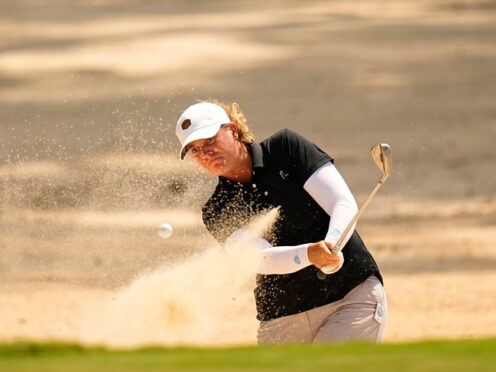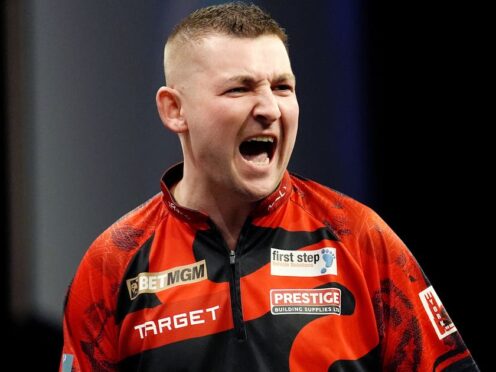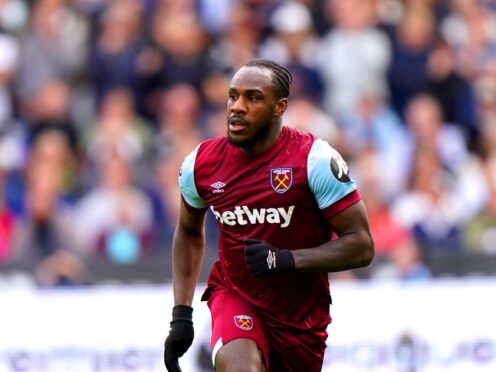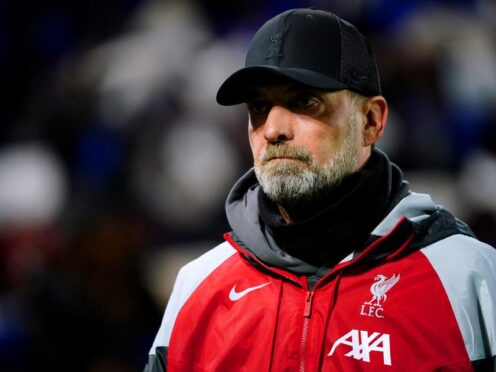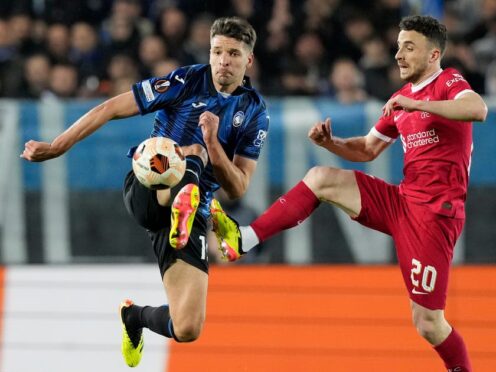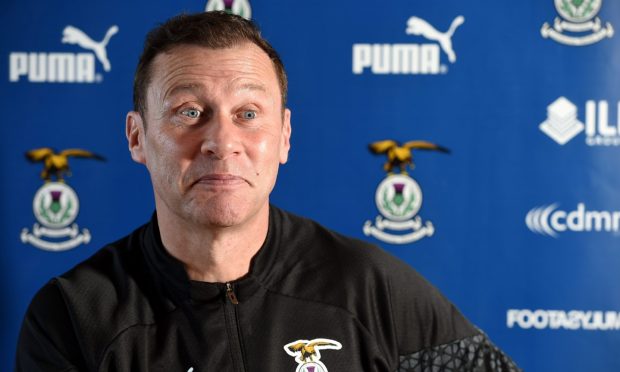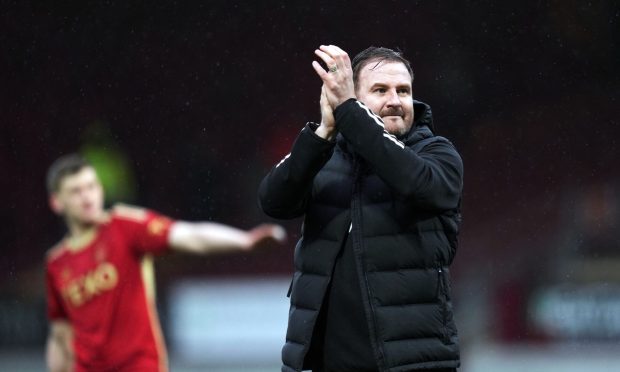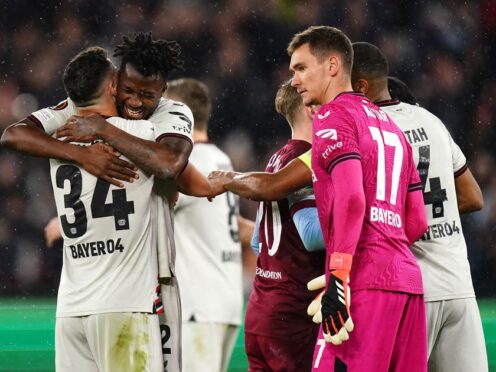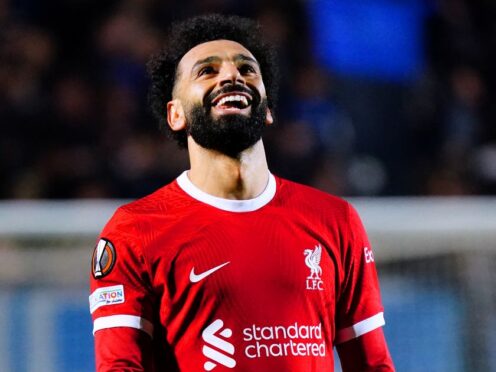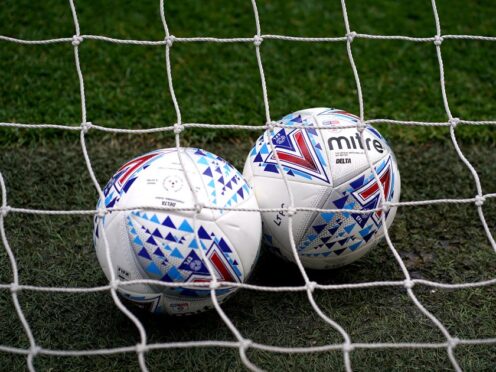It was a chilly November night in Edinburgh 25 years ago when a chance meeting with an unheralded rugby star left an abiding impression on me.
Earlier that day, Samoa had come mighty close to inflicting a shock defeat on Scotland at Murrayfield in a contest where the Pacific Islanders flung themselves into the fray with an unstinting commitment and passion.
They ended up having to settle for a 15-15 draw, despite scoring two tries to none, but the manner in which the visitors responded to trailing 12-3 at the interval demonstrated the potential for these emerging sides to become a genuine force in the international game.
By accident, as I was walking down Fleshmarket Close later on after finishing my shift, I spotted a bustling presence walking in the other direction and thought I recognised him.
And I did – it was Pat Lam, the skipper of the same Samoan ensemble who had been an inspirational force in his side’s back row, as they battled, breenged and bulldozed their way to supremacy during that action-packed second half.
Lam, who subsequently became an assistant coach with Scotland, and is now director of rugby at Bristol Bears, joined me for a chat and proved an engaging, mercurial character.
He was delighted with the desire and determination which his team had shown, particularly after falling more than a score behind, but he admitted to being worried by the advent of professionalism in the global game.
Lam was convinced this would increase the divide between the have and have-nots, make it more difficult for the small island nations, Samoa, Tonga and Fiji, to hang on to their best talent, and lead to a fixture schedule where they were given fewer opportunities to shine.
A quarter of a century later, all these concerns have materialised in a manner which should embarrass the people tasked with developing the sport – and, as the governing bodies of the Tier One countries grapple with shrinking finances and COVID-induced lack of crowds, the chances are that the Pacific nations will be squeezed even further in the years ahead.
The Fijians, the maestros of the Sevens circuit, have been dealt a fresh blow with a significant outbreak of coronavirus among their squad, which has devastated their hopes of playing a leading role in the ongoing Autumn Nations Cup. They have already sat helplessly while their Group B contests against France Italy and Scotland – the latter was planned for this coming Saturday – were cancelled, with their opponents being awarded a 28-0 win.
It’s another setback for many of the players who were gloriously innovative and expansive in surging to their country’s first-ever Olympic gold medal in Rio in 2016; an achievement which was greeted with wild and wonderful celebrations at the final whistle.
Yet, if that triumph put a smile on so many people’s faces – including neutrals – such positive stories have been thin on the ground for the island representatives.
They were a shadow of their old selves at last year’s World Cup in Japan. Samoa were thrashed 34-0 and 47-5 by Scotland and Ireland; Tonga came close to beating France, but lost four out of five fixtures; and although the Fijians led Australia by two points at half time, they were eventually well beaten, prior to being shocked by Uruguay four days later.
The maddening thing for all these teams is that, just as Lam predicted, many of their prime assets have been snapped up by New Zealand, Australia, France and England. In which light, it was hardly surprising that Fiji-born Virimi Vakatawa should emerge as the man who scored the only try in France’s deserved 22-15 success over Scotland at Murrayfield on Sunday.
Indeed, if you watch the Pro14 or club competitions in England and France, it is obvious that the Pacific Islands are still generating a prodigious seam of powerful players, who have no option but to leave their homeland to earn a decent living from their efforts.
There are no easy solutions to the issue, even without the debilitating impact of the pandemic. But, on the evidence of Georgia’s displays so far in the ANC, they have none of the spontaneity, invention or joie de vivre of their island counterparts and the latter qualities are in danger of drying up and replaced with the kind of multi-phase, no-risk rugby which epitomised England’s clinical but joyless win over Ireland at the weekend.
The game badly needs performers who can thrill, orchestrate mayhem in opposing defences and demonstrate the skill and trickery to induce gasps from spectators.
Without these individuals, it can often descend into an extended bout of sumo wrestling, incessant set pieces and chaos at the breakdown.
Pat Lam was right to ask serious questions back in 1995 and some of his worst fears have been realised. If the IRB is remotely serious about the development of the game, there has to be greater recognition paid to the Pacific region as well as Europe and North America.
